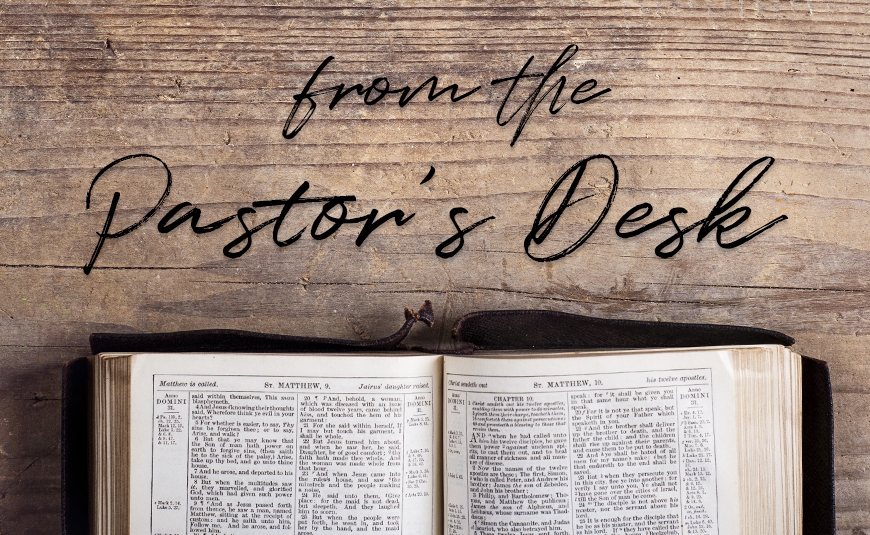Of all the various days in the Church year, Easter towers over all in terms of importance and significance. While the early Christians knew nothing of things like Advent, Epiphany, Lent, All Saints, or even Christmas (these all came into existence in later centuries), the Day of Resurrection was celebrated from the very beginning. Early on, in fact, Easter was a year-round observance. Because Jesus rose from the dead on Sunday, the early Christians decided to gather together every week on “The Lord’s Day”, primarily to remember and celebrate the Resurrection.
In their personal lives, the early believers took it a step further. Easter was an ongoing, everyday reality for them. They lived with an acute awareness that because Jesus had risen from the dead, life was different. The Resurrection so defined who they were, in fact, that when they saw one another, instead of waving and saying “Hello”, they would greet each by saying, “The Lord is risen! He is risen indeed!”
Easter played such a prominent role in the life of the early Christians primarily for two reasons. First, they understood it to be the very cornerstone of their faith, the foundation that everything else rested upon. They knew that if you take away the Resurrection, the entire Christian faith crumbles like a flimsy house of cards. As Paul put it, “If Christ is not raised, then you are still dead in your sins. And we are of all people most foolish.”
Equally important was the fact that they had personally experienced the life-changing power of the Resurrection. For them, Jesus’ rising from the dead wasn’t simply a doctrine to be affirmed in a creed or a statement of faith. It was the reality that literally transformed and changed their lives.
When we read the Gospels, we see that prior to the Resurrection, Jesus’ disciples at best were a rather lukewarm and undependable bunch. They had great difficulty understanding Jesus’ teachings, much less putting them into practice.
But following the Resurrection, it was another story entirely. The experience seeing their risen Lord changed them so thoroughly that they almost seemed like different people. Their fear, doubt, and aversion to risk were replaced by boldness, faith, and a burning passion to go out and tell the world that Jesus was alive, no matter what the risk. Eventually, all but one of them would end their lives as martyrs, choosing to die rather than deny their Risen Lord.
The Apostles weren’t the only ones whose lives were changed by the power of Jesus’ Resurrection. Countless others lived with the same passion and conviction, standing steadfast in their faith even though it often meant being subjected to ridicule, persecution, imprisonment, and even death. Writing in the 4th century, Athanasius attributed this remarkable strength and faithfulness to the power of Jesus’ Resurrection. Because God had raised Jesus’, he explained the believers understood:
Death has been destroyed. The cross has triumphed over it. It no longer has any power… Look at the all those who before they believed in Christ were terrified by death and afraid to die. But since they have turned to Christ, they have so little fear of death that, if necessary, they willingly embrace it in order to testify to Christ’s victorious Resurrection.
The Resurrection radically changed both the understanding and the lives of the early Christians. And because it did, they in turn changed the world. And that’s why for them, as for us, one day towers over all others. The day on which we boldly proclaim:
The Lord is risen.
He is risen indeed!
Be sure to check out this article in our full newsletter from April 2023 - Click Here!


